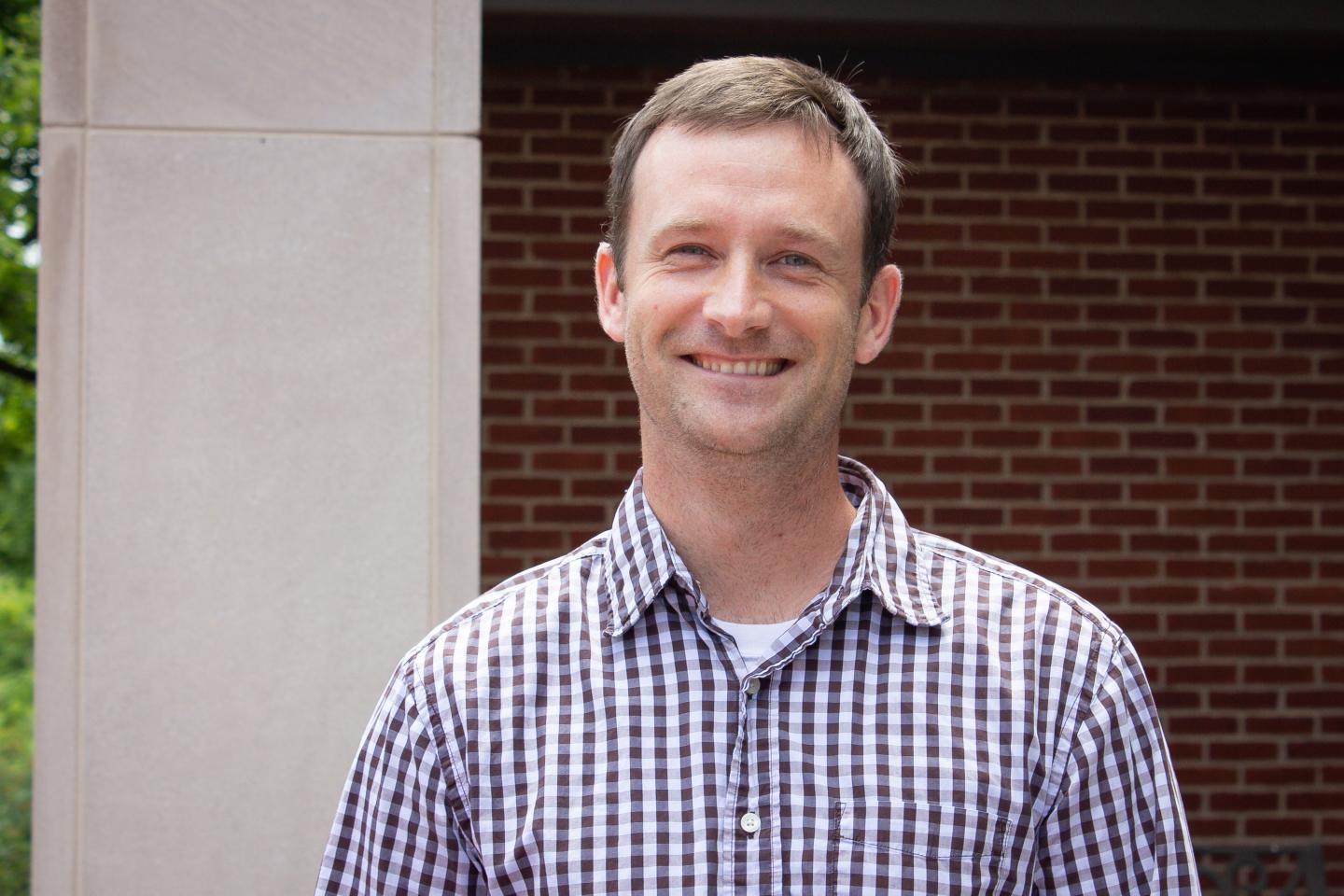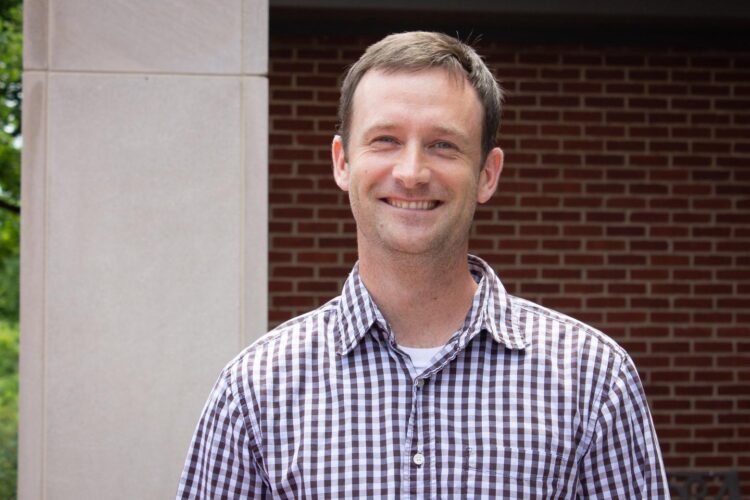Single-nucleus sequencing to undercover cell types at risk of viral infection in the heart

Credit: Masonic Medical Research Institute (MMRI)
UTICA, NY– Nearly 20% of all COVID-19-associated deaths are from cardiac complications, yet the mechanisms from which these complications arise have remained a topic of debate in the cardiology community. One hypothesis centers on the infection of the heart itself, but the understanding of which cells may be infected is unclear. To address this, MMRI Assistant Professor Dr. Nathan Tucker, in collaboration with the Broad Institute, the University of Pennsylvania, and Bayer US, report the distribution of the SARS-CoV-2 receptor in a manuscript titled, “Myocyte upregulation of ACE2 in cardiovascular disease” published in the journal, Circulation.
COVID-19 (SARS-CoV-2) infects cells through a particular cellular molecule, termed ACE2. To assess levels of this molecule in different patient populations and in response to common hypertension medications (ACE inhibitors), the group applied state-of-the-art single nucleus sequencing technologies in human heart samples. From these studies, they were able to conclude that the amount of the viral receptor is increased in patients with pre-existing cardiac conditions, but only in the beating cells of the heart, termed cardiomyocytes. Additionally, they found that the effect of anti-hypertension medications, termed ACE inhibitors, do not appreciably affect the levels of ACE2 in a way that would support any changes in clinical use of these medications.
“This is but an early step in our understanding of cardiac pathology in people who contract COVID-19,” said Tucker, the first author of the manuscript. “There’s much more work to do. As an example, we are already working to establish direct evidence of cardiac infection, while also examining receptor distributions in other populations and through other approaches. We hope to provide more information as soon as we are able.”
While just a piece in a very complex puzzle, this study offers a potential explanation as to why patients with pre-existing heart disease are more likely to suffer severe cardiac symptoms from COVID-19 infection. Importantly, it also provides data on the effects of anti-hypertensive medications, supporting the previous statements urging continued use of ACE inhibitors from the American Heart Association, American College of Cardiology, and European Society of Cardiology with additional human-derived data.
###
The Masonic Medical Research Institute (MMRI) has been playing an important active role in helping humanity combat the recent coronavirus pandemic by conducting clinical COVID-19 testing for the Mohawk Valley Health System (MVHS) and by actively pursuing COVID-19 related research at the institute to help understand mechanisms by which COVID-19 worsens both cardiac and pulmonary functions, identify potential novel therapeutic targets for treating patients, and understand the potential long-term consequences of those who have recovered from this disease. For more information about MMRI, please visit mmri.edu.
Media Contact
Victoria Wenke
[email protected]
Original Source
http://www.
Related Journal Article
http://dx.





